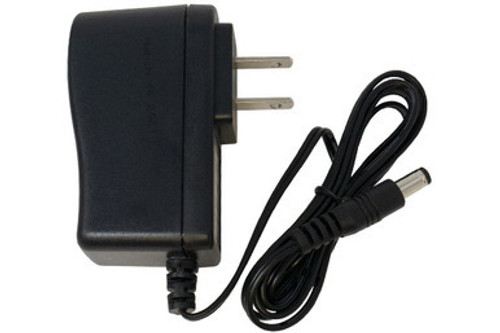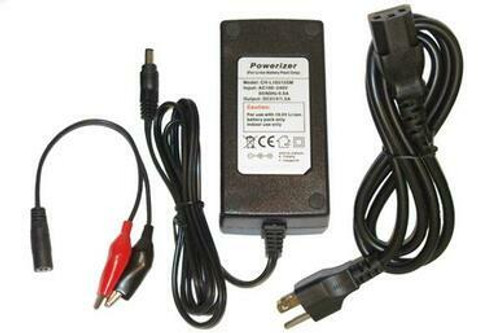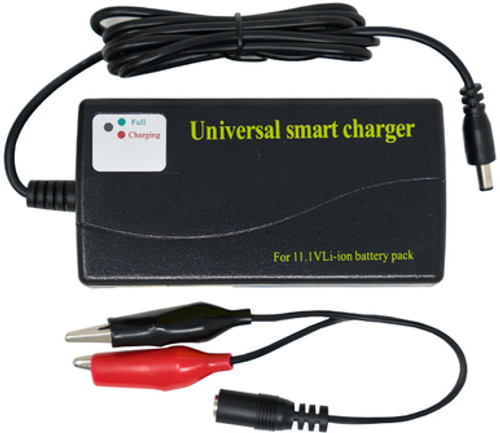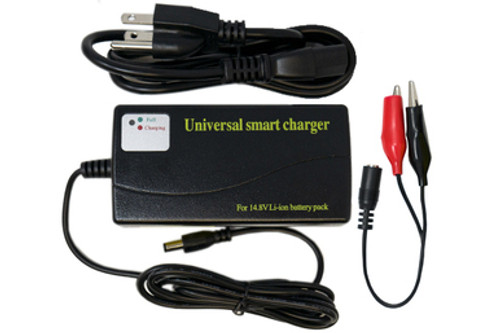Li-ion Battery Pack
Li-Ion Battery Pack Chargers: Essential Solutions for Modern Power Needs
Lithium-ion (Li-Ion) batteries have become the go-to power source for many devices due to their high energy density, lightweight design, and long cycle life. These batteries are widely used in consumer electronics, electric vehicles, and renewable energy systems. To ensure the longevity and efficiency of Li-Ion batteries, the choice of charger is crucial.
Understanding Li-Ion Batteries
Li-Ion batteries have transformed the landscape of energy storage and portable power. Some of their key advantages include:
High Energy Density: Li-Ion batteries can store more energy in a smaller volume compared to other battery technologies, making them ideal for applications where space is at a premium.
Low Self-Discharge Rate: They retain their charge for extended periods when not in use, making them suitable for devices that may not be used frequently.
Long Cycle Life: With proper care, Li-Ion batteries can endure hundreds to thousands of charge and discharge cycles, making them cost-effective in the long run.
Lightweight: The materials used in Li-Ion batteries allow for a lightweight design, which is particularly advantageous in portable devices.
How Li-Ion Battery Pack Chargers Work
Li-Ion battery chargers are specifically designed to manage the charging process of Li-Ion batteries effectively. Here are the key features and functions:
Constant Current/Constant Voltage (CC/CV) Charging: Most Li-Ion chargers utilize a CC/CV charging method. Initially, the charger delivers a constant current until the battery voltage reaches a predetermined level (typically around 4.2 volts per cell). After this point, the charger switches to constant voltage mode, gradually decreasing the current as the battery approaches full charge.
Battery Management Systems (BMS): Many modern Li-Ion battery packs are equipped with a BMS that monitors the state of the battery during charging. This system ensures that each cell is charged evenly and helps prevent overcharging, which can lead to reduced battery life or safety hazards.
Temperature Monitoring: Advanced chargers often incorporate temperature sensors to monitor the battery's temperature during charging. If the battery temperature exceeds safe limits, the charger can adjust the charging current or stop charging altogether, ensuring safety.
Smart Technology: Some Li-Ion chargers feature smart technology that allows them to communicate with the battery pack. This can provide real-time data regarding the state of charge and health of the battery, optimizing the charging process accordingly.
Benefits of Using Li-Ion Battery Pack Chargers
Investing in the right charger for Li-Ion batteries offers several advantages:
Extended Battery Life: Using a charger designed for Li-Ion chemistry helps prevent overcharging and overheating, significantly extending the battery's lifespan.
Improved Safety: Dedicated Li-Ion chargers come equipped with safety features that minimize the risk of battery damage or failure, ensuring safe operation for both the battery and the user.
Optimal Performance: A quality charger optimizes the charging process, ensuring that the battery reaches its full capacity efficiently and reliably.
Energy Efficiency: Modern Li-Ion chargers are designed to be energy-efficient, reducing power consumption during the charging process.
Factors to Consider When Choosing a Li-Ion Charger
When selecting a charger for Li-Ion battery packs, consider the following factors:
Compatibility: Ensure that the charger is specifically designed for Li-Ion batteries and is compatible with the voltage and capacity of your battery pack.
Charging Speed: Different chargers have varying charging speeds. If quick charging is essential, look for chargers that can meet your demands while still being gentle on battery health.
Smart Features: Opt for chargers with smart technology that can communicate with the battery management system. This allows for real-time adjustments during the charging process, optimizing performance.
Safety Features: Choose chargers that include safety features such as overcurrent protection, temperature monitoring, and short circuit protection to ensure safe operation.
Portability: If you plan to use the charger in various locations, consider its size and weight. Compact and lightweight chargers are easier to transport and use on the go.
Brand Reputation: Research the manufacturer and read reviews to ensure you are purchasing a quality charger from a reputable brand known for reliability and customer service.
By understanding the features and functions of Li-Ion battery pack chargers, you can make informed decisions that enhance the efficiency and reliability of your devices. Whether you are looking to power personal electronics, industrial applications, or sustainable energy solutions, investing in the appropriate charging technology will ensure effective power management and a sustainable energy future.
















